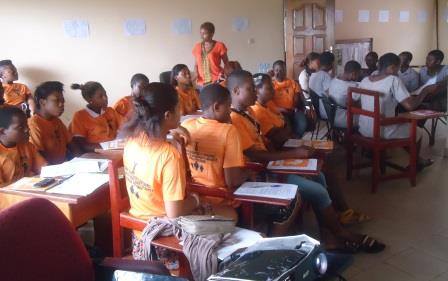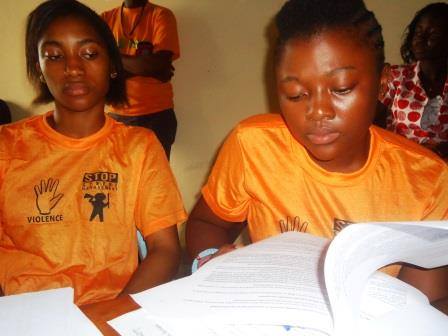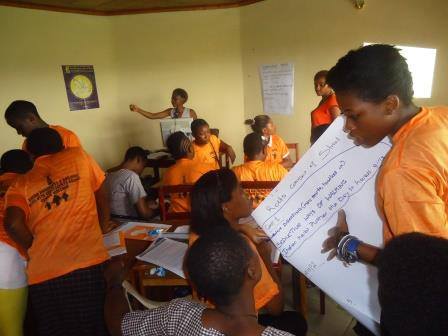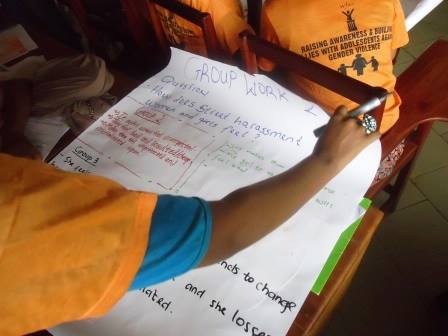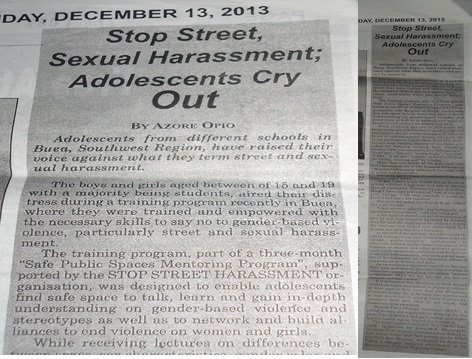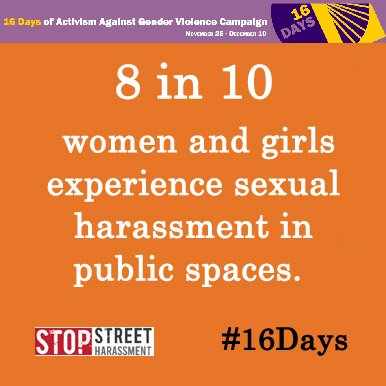The 16 Days of Activism Against Gender-Based Violence Campaign starts tomorrow!
This is from UNiTE!:
“The iconic Empire State Building and the United Nations building and large screens in Times Square in New York City will be lit orange! From marathons to film forums and marches, orange events have been planned around the world.
Check out stories, videos and other resources at UN Women’s website: http://ow.ly/EDJGx Each day we will be looking at how violence against women impacts development in a host of areas, including poverty, environment, economy, health, conflict, education and more!
Join the conversation on social media using the hashtags #orangeurhood and #16days. Click here for messages and images that you can use on social media.
Orange your social media accounts! How? It’s quite simple – you can show your support and orange your Twitter and Facebook profile pictures by adding an orange Twibbon filter here: http://j.mp/twibbon16days
Take action locally and use the colour orange visibly and creatively. Orange iconic buildings in your community!
We would love to hear from you, so please share your actions and photos on our Facebook event page: http://ow.ly/EDK0P
We can’t wait to orange all neighbourhoods with actions to end violence against women and girls! Let’s go!
Urjasi Rudra
Say NO – UNiTE Team, UN Women”

